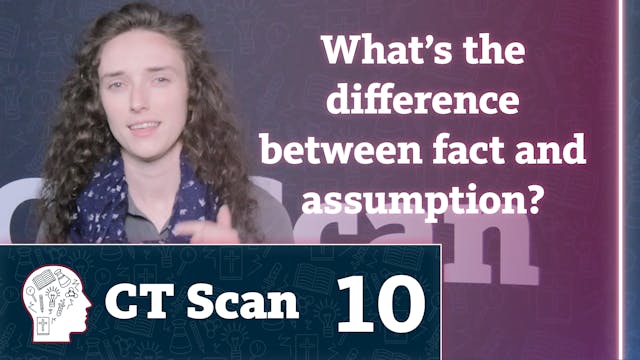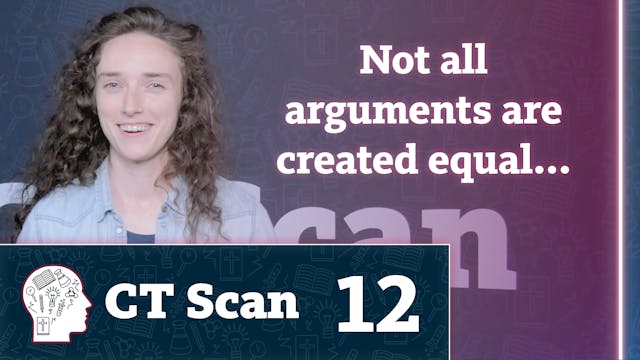CT Scan: Critical Thinking Scan
Critical Thinking Check #5: Check for Propaganda
Season 1, Episode 9
•
23-Oct-2020
Propaganda is anything that tries to persuade by appealing to something besides logic, like emotions, aesthetics, or humans' desire for acceptance. By taking advantage of mental shortcuts we use in our everyday thinking, propaganda uses psychological manipulation to make messages seem truer than they may really be. To sort fact from propaganda, ask WHY a message sounds persuasive.
Up Next in S1: Critical Thinking 101
-
Critical Thinking Check #6: Check the...
often, unbiblical messages may sound true because they contain real facts. But they also likely involve many assumptions, which are presented like facts. To separate data from assumption, as which parts of a message are facts from observational science, and which parts are interpretations from hi...
-
Critical Thinking Check #7: Check the...
By now in the critical thinking process, you will have already caught many potential fallacies in a message, including Appeals to Authority, Equivocation and Either-or Fallacies. But other faulty arguments, such as Circular Reasoning, Appeals to Probability, or Faulty Generalizations, may still l...
-
What IS an Argument, Anyway?
Not all arguments are equally logical. In logic, an argument is a set premises which work together to support a conclusion. Deductive arguments try to prove a conclusion is true, while inductive arguments try to imply a conclusion is probable. Being able to recognize a sound deductive argument wi...



